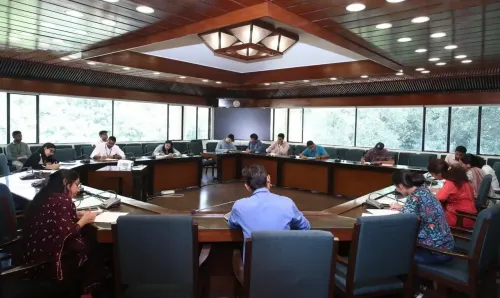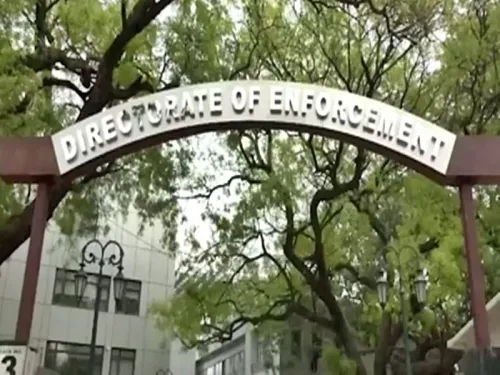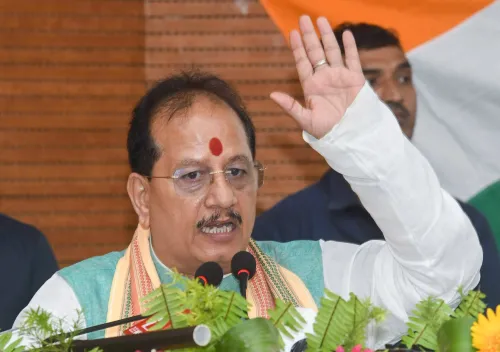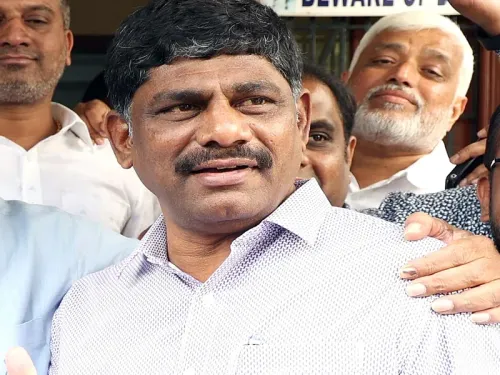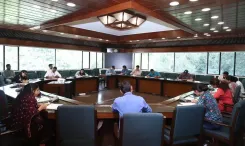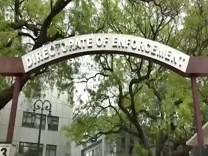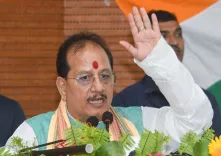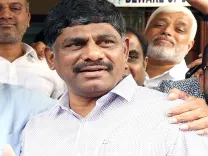Is the Government Reassessing Petrol Pump Licensing Rules?
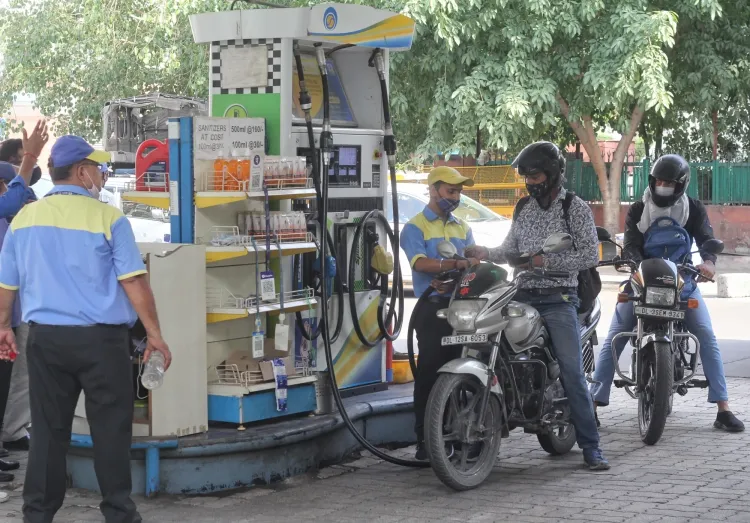
Synopsis
Key Takeaways
- The Ministry of Petroleum is reassessing petrol pump licensing norms.
- An expert committee has been formed to review the 2019 guidelines.
- Feedback from the public and stakeholders is encouraged.
- The 2019 reforms significantly lowered the investment requirements for fuel retailing.
- International energy companies are showing interest in India's fuel market.
New Delhi, Aug 10 (NationPress) The Ministry of Petroleum and Natural Gas has established an expert committee to reevaluate the 2019 guidelines for granting licenses to petrol pumps. This review is focused on enhancing market efficiency and supporting India’s commitment towards alternative fuels, decarbonisation, and e-mobility.
The committee will "evaluate the success of the framework outlined in the Resolution dated November 8, 2019, in promoting energy security and market efficiency; synchronize the policy framework with national goals for decarbonisation, electric mobility, and the advancement of alternative fuel; and tackle challenges in the execution of existing regulations," as stated in the order.
The government is reexamining these norms to determine if further liberalization is needed.
Leading the committee is Sukhmal Jain, former Director of Marketing at Bharat Petroleum Corporation Ltd (BPCL). Other members include P. Manoj Kumar, Director General of the Petroleum Planning and Analysis Cell (PPAC), P.S. Ravi, a member of the FIPI, and Arun Kumar, Director of Marketing at the Ministry of Petroleum and Natural Gas.
In 2019, the government relaxed the licensing norms to enable more companies to establish retail fuel outlets. Companies with a net worth of Rs 250 crore were allowed to sell petrol and diesel if they committed to developing infrastructure for at least one alternative fuel, such as CNG, LNG, biofuels, or EV charging within three years. For firms catering to both retail and bulk fuel customers, the net worth requirement was set at Rs 500 crore.
The ministry has also welcomed public and stakeholder feedback on these proposed changes within 14 days from August 6.
Prior to the 2019 reforms, companies were required to invest or pledge Rs 2,000 crore in oil exploration, refining, pipelines, or LNG terminals to qualify for a fuel retailing license. The reforms lowered this threshold significantly while mandating the establishment of at least 100 retail outlets, with 5 percent located in rural areas within five years.
International energy giants like Total, BP, and Saudi Aramco have expressed interest in investing in India’s fuel retail sector. Currently, major public sector players, including Indian Oil Corporation Ltd (IOCL), Bharat Petroleum Corp Ltd (BPCL), and Hindustan Petroleum Corp Ltd, operate most of the nation’s 97,804 petrol pumps.
IOCL leads the market with 40,666 petrol pumps, followed by BPCL and HPCL, each operating around 24,000 pumps.
Private players such as Reliance Industries, Nayara Energy (formerly Essar Oil), and Royal Dutch Shell maintain a presence in the market but account for a lesser share.

